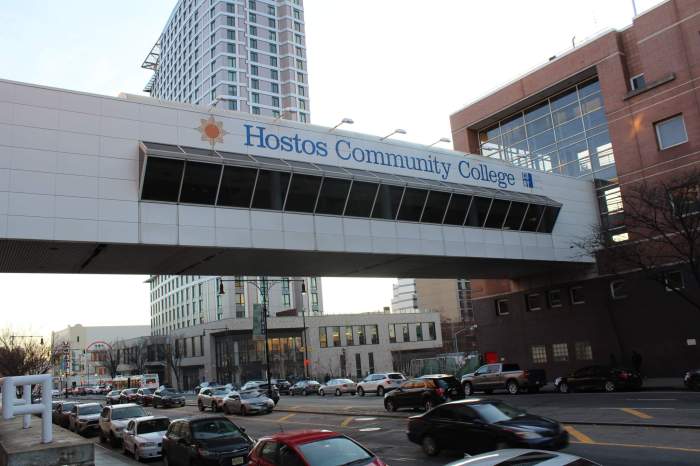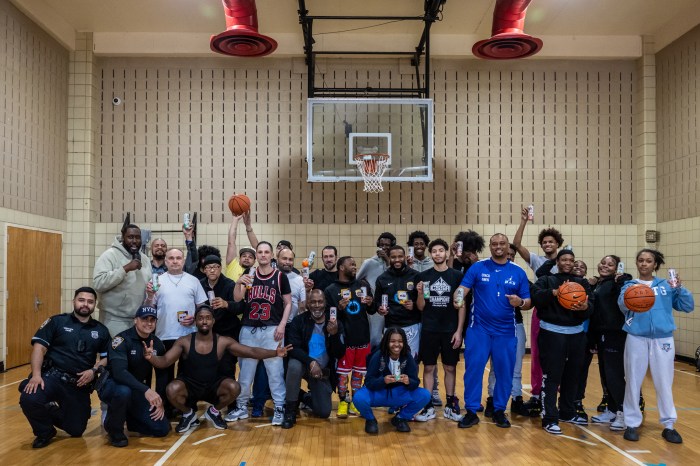‘Stronger’
Directed by David Gordon Green
Starring Jake Gyllenhaal, Tatiana Maslany, Miranda Richardson
Rated R
The makers of “Stronger” face a weighty task in telling the story of Jeff Bauman, the Massachusetts man who lost his legs in the 2013 marathon bombing and came to exemplify the notion of Boston Strong, thanks to his extraordinary recovery.
It’s incumbent upon director David Gordon Green and star Jake Gyllenhaal to humanize a symbol of national resilience beyond the mere facts of his biography. There’s an instinctive sympathy, of course, but we must come away feeling a strong connection to Jeff in his most anguished moments.
The same person, who waved the American flag with an iron will at a hockey game less than a month after the attack, must also be seen seamlessly and convincingly enduring the trauma.
The filmmaker, working from a screenplay by John Pollono that adapts Bauman’s memoir (written with Bret Witter), captures the full range of this experience by avoiding cheap sentimentality or patriotic pandering, unveiling the magnitude of what Jeff faces in layers that reflect the nuances of recovery, the complex psychological mix of the triumph of unlikely survival and the despair of a terrible new normal.
Of course, this isn’t a story of solitary recovery and isolated determination; it’s very much about the community around Jeff (Gyllenhaal), including his mother, Patty (Miranda Richardson), and, most significantly, his on-again, off-again girlfriend Erin (Tatiana Maslany).
The power of “Stronger” lies in the ways it connects what Jeff is thinking and feeling with the other most important people in his life.
The details of the attack matter far less than the reason Jeff came to the finish line in the first place: to “show up” for Erin, who was running the race. By taking seriously the ways Erin processes what’s happened, and giving Maslany the opportunity to beautifully capture her guilt and how that complicates her great but challenging love for Jeff, the movie finds its way to a higher plane of emotional truth.
While focusing as it must on Jeff’s burden, the humiliation of being totally dependent on others for basic tasks and feeling less than human, the torment of being reminded of the pain and violence of the attack every time he looks below his waist, the movie presents this as a shared experience and has the courage to recognize that his closest loved ones are vulnerable and victimized as well.
Gyllenhaal offers further evidence that he’s one of the finest actors working today, refusing to overindulge any single emotion or instinct, thanks to an intuitive understanding that Jeff didn’t stop being Jeff once he lost his legs. He shows you a man grappling with the magnitude of it all, in moments of happiness and utter disconsolation, but he’s not afraid of being needy or inconsiderate or difficult.
It’s a story of mutual healing that might be seen as a rumination on what it really means to be made “stronger”: It’s more than just the difficult road to physical recovery or shows of public defiance. It’s the sort of personal growth that gives those moments their meaning.

















